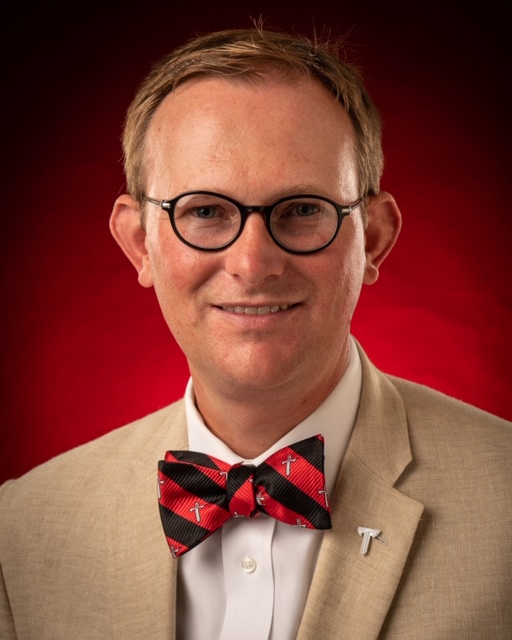
This piece originally appeared here in the Troy Messenger.
Are you a jerk?
You probably answered no. Yet you know jerks.
When we imagine jerks, it’s usually others we envision, not ourselves. We almost never say, “I’m a jerk.”
A jerk, according to Merriam-Webster, is “an unlikable person,” especially “one who is cruel, rude, or small-minded.”
Picture the jerks you know. Do you dislike them? Is it because they think you’re a jerk?
Adam Smith, known as the Father of Economics, was chiefly a scholar of moral philosophy. Celebrated as the author of The Wealth of Nations, he also wrote The Theory of Moral Sentiments, an earlier book in which he described “sympathy” in terms of the “impartial spectator,” an ideal, conjectural third party whose imagined judgment of our actions influences our behavior.
Aversion to offense and desire to please are both selfish and unselfish qualities, Smith postulated. “Every man is, no doubt, by nature, first and principally recommended to his own,” he declared, “and as he is fitter to take care of himself, than of any other person, it is fit and right that it should be so.”
Paradoxically, though, self-regard activates regard for others.
Smith explained that when we assess ourselves as we’re conscious that others assess us, we realize we’re insignificant, just one person among many, and we humble ourselves accordingly. Preferring ourselves to others, we understand that others do likewise. Therefore, we treat others as we wish them to treat us.
If Smith is correct, then why is it difficult to recognize personal errors or unkindness? Isn’t the tendency to double-down on our presumed rightness, to insist that those who criticize us are mistaken?
Often, yes. Why?
Perhaps because Smith’s moral calculus requires two conditions: willingness and effort. One must be open to self-critique, which, in turn, involves intellectual labor. We may intuit our fallibility, but we must work to overcome priors and biases to examine ourselves as would hypothetical, neutral observers.
It’s easier to avoid guilt, shame, or reproof—which accompany correction and instruction—than to challenge assumptions, question convictions, build character, and conform to high standards of conduct.
We prefer comfort to discomfort. But we mustn’t be idle. We must emulate excellence.
Smith himself furnishes this week’s Word to the Wise.
“We must endeavor,” he mused, to view impartial spectators “with the eyes of other people, or as other people are likely to view them. When seen in this light, if they appear to us as we wish, we are happy and contented. But it greatly confirms this happiness and contentment when we find that other people, viewing them with those very eyes with which we, in imagination only, were endeavoring to view them, see them precisely in the same light in which we ourselves had seen them.”
As relational creatures, we set and measure standards by others’ deeds. Our longing for praise derives from the aspiration to be praiseworthy. We don’t want to be jerks. With will and work, we don’t have to be.
Note: This piece is adapted from Allen Mendenhall’s regular segment “Word to the Wise” on Troy Public Radio.
